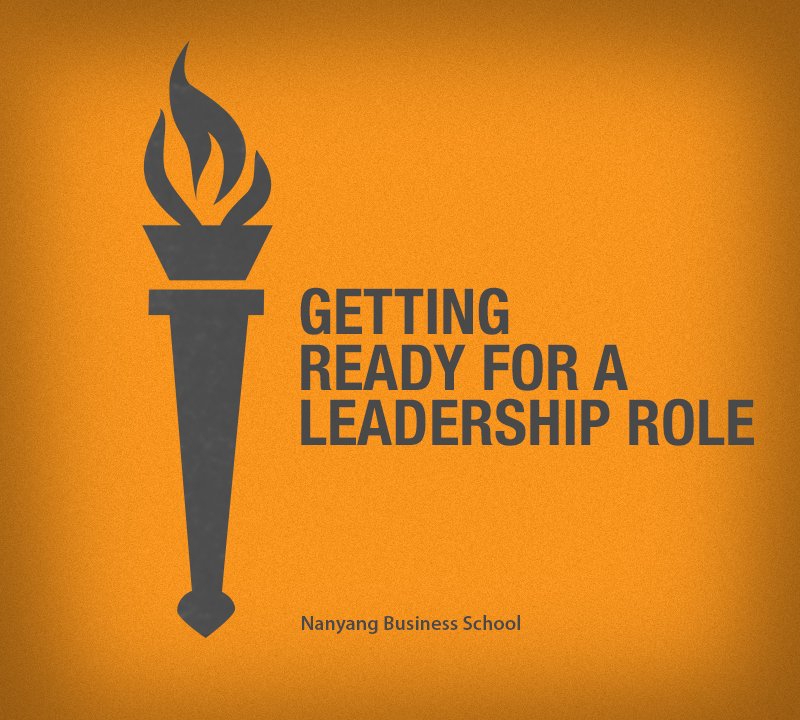Once you’ve completed your undergraduate education, a master’s degree or a job seems to be the logical path. But what about the next step, or rather leap, after some years in the workforce? A quick look around you would tell you that there are a number of MBA programmes on offer and that prospective employers love the MBA degree. But at this stage of your career, you can’t just apply to any MBA programme that you see – no matter how reputable the B-school is. What you need to do is choose a programme that is designed especially for candidates who have years of work experience.
Here’s why such a programme is worth applying to.
- Mid-Career Knowhow
When you consider a specialised programme such as the Nanyang Fellows MBA programme, you’ll find out that it is a great fit for exceptional mid-career executives like yourself. In fact, the minimum work experience in this group of students is about eight years. Think about the varied work experiences that each student will bring to the classroom, as opposed to the average MBA programme where you and your classmates will barely have any career experience to share or benefit from. Imagine how much you’ve learnt every year on the job, in your field.
- Global Exposure
While many MBA programmes like to include a study abroad component in their curriculum, it is important to understand how differently you’ll use the time abroad when you have all those years on your resume. Somebody who has spent more time working in the corporate or non profit world will let the Fellows programme Overseas Business Study Mission in the United States push him/her toward greater success as a global, C-level executive. The current career path would have already involved travel and building communication with global offices, but this is a major step up from that because you’d be going equipped with new skills and knowledge acquired from your courses.
- Expert Mentors
Students admitted to the Fellows MBA programme study a range of topics including business negotiation, contemporary economic analysis and cultural intelligence. Instead of focusing on too much theory, the faculty aims to prepare you for the real world. This means that you will get the chance to have professors from both the academic arena and the industry, who can certainly become your mentors during the course. Your interaction with them will bring your closer to major companies in Singapore and abroad and give you an in-depth peak into how things work as you go higher up the company hierarchy.
- Small Class Setting
The Fellows programme is very selective. We invest a lot of time and effort to make sure that every candidate is a good fit for the programme. When we are done with the selection process, we end up with a small, exclusive group of about 25 students. That basically translates to lots of attention and interaction for you.
- Robust Alumni Network
The Nanyang Business School’s alumni come from all over the world and they do not hesitate to reach out to each other. Whether they organise events, come down for a talk or talk to you one-on-one, they are available and well accomplished in their fields. Even after you graduate from the programme, you’ll find yourself with help, advice and friends from the network. And then you will be surprised when the future students start looking up to you too.
Does all this sound like the right key to get your elevator to the top? Then why not explore some more here: http://www.nbs.ntu.edu.sg/Graduate/Nanyang_Fellows_MBA/Pages/FAQs.aspx?








